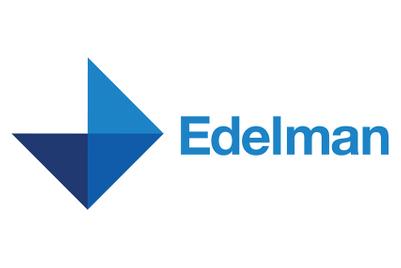
Pinterest has launched a new climate misinformation policy, which the company says makes it the only major digital platform to have clearly defined guidelines against such misinformation.
The new policy, announced on Wednesday, ensures that Pinterest will remove “content that denies the existence or impacts of climate change, the human influence on climate change, or that climate change is backed by scientific consensus,” according to a press release.
Other types of misinformation that will be flagged include false or misleading content about climate change misinformation that contract science; content that misrepresents scientific data, including by omission or cherry-picking, to erode trust in science experts; and harmful false or misleading content about public safety emergencies including natural disasters and extreme weather events.
The move comes amidst increasing public scrutiny over social media platforms’ role in spreading misinformation concerning climate change, which experts say hurt efforts to address the threat.
For example, when searching “global warming” on YouTube, 16% of the top 100 related videos included under the up-next feature included misinformation about climate change, according to a 2020 report from Avaaz, a nonprofit aimed at addressing issues such as climate change.
“Pinterest cares about building a healthy planet and ensuring that Pinners find ideas from trusted sources,” Sarah Bromma, Pinterest head of policy, stated in an email to Campaign US. “We want to cultivate a space that’s trusted and truthful for Pinners to make more informed decisions in their everyday lives.”
Other social media companies have also recently pledged that they would address climate misinformation. In September, Meta, the parent company of Facebook, announced that it would expand its Climate Science Center to provide people with “science-based information on climate change,” and invest $1 million in a grant program to support organizations working to combat climate misinformation.
Shortly thereafter, Alphabet, Google’s parent company, announced that it would “prohibit ads for, and monetization of, content that contradicts well-established scientific consensus around the existence and causes of climate change.”
Pinterest worked with experts from the Climate Disinformation Coalition and the Conscious Advertising Network to devise the new policy “based on common misinformation themes…across media platforms,” according to a press release.
Experts shared what they saw as the five most harmful narratives concerning climate change, Bromma said.
These were:
- That climate change is not real.
- That it’s not caused by humans
- That it’s not bad or urgent.
- That experts and their models are unreliable, including misrepresenting their data.
- That scientifically backed climate solutions won’t work.
“We’ve developed enforcement guidelines that outline what these claims can look like online,” Brooma said. “Fighting misinformation is complex and always evolving, so we will continue to work with third-party experts as new narratives and trends emerge.



.jpg&h=334&w=500&q=100&v=20250320&c=1)





+(900+x+600+px)+(3).png&h=334&w=500&q=100&v=20250320&c=1)
.jpg&h=334&w=500&q=100&v=20250320&c=1)







.jpg&h=268&w=401&q=100&v=20250320&c=1)
.jpg&h=268&w=401&q=100&v=20250320&c=1)